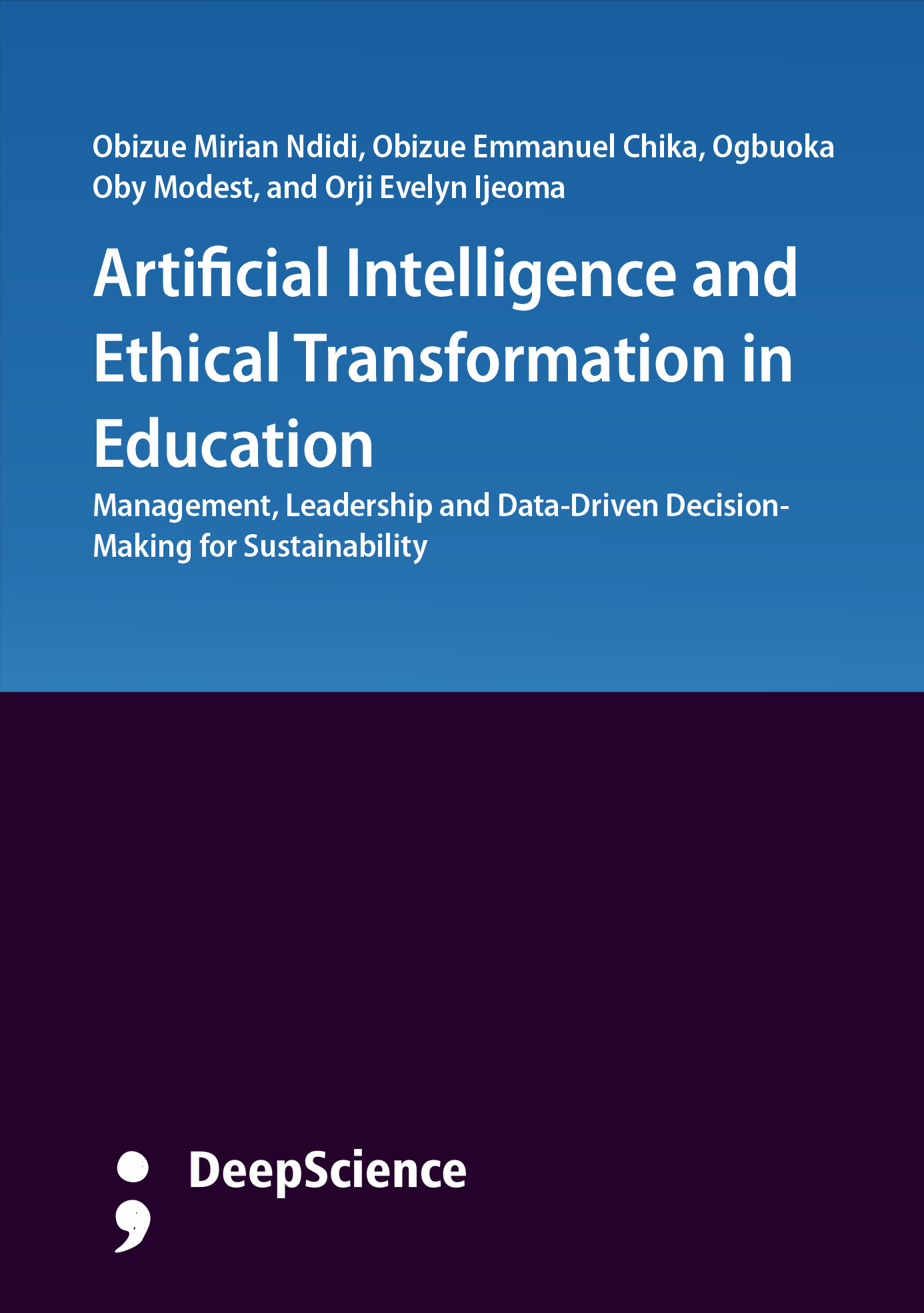The Role of Ethical Leadership in Guiding AI Adoption in Schools
Synopsis
A major turning point exists in the world-wide education sector regarding the implementation of artificial intelligence (AI). The extent to which AI can be ethically implemented will depend on the quality of ethical leadership. There is considerable literature on the capability of AI and the ethical considerations of AI implementation within western contexts (Noble, 2018; Selwyn, 2019); however, very little is understood about how school leaders in diverse socio-economic contexts deal with such considerations. The primary contribution of this book chapter to global scholarship will be: (1) proposing empirical models of ethical AI governance for low-resource contexts, (2) questioning Northern-centric assumptions concerning technology adoption, and (3) creating implementable models for equitable AI adoption. The current models of AI ethics proposed by Floridi et al., (2018) are limited by four inherent flaws that this study addresses which include: (a) Contextual Blind Spots (the reliance of previous models on technologically advanced contexts), (b) Cultural Homogeneity (previous models assume monolingual and monocultural classrooms), (c) Leadership Simplification (previous models under represent school leaders' agency), and (d) Infrastructure Neutrality (previous models ignore physical constraints as ethical issues). A mixed-methods approach is used to develop the foundational aspects of this book chapter, combining longitudinal case studies conducted over a period of time in select Nigerian schools (2020-2023), policy archaeology of innovative AI governance arrangements, critical discourse analysis of teachers' narratives, and comparative analysis of data collected from Brazil and India. Findings demonstrated that the nexus of ethics and infrastructure illustrates how bandwidth availability and electrical power stability significantly alters ethical considerations; cultural algorithmics illustrate how local linguistic diversity necessitates alternative strategies to mitigate bias than those developed in western contexts; and distributed technological leadership identifies effective models of AI governance that involve principals, teachers, and community leaders as co-governors of AI tools. This book chapter develops the concept of "Frugal AI Ethics," (ethics as a product of constraint-based innovation), proposes situational technological leadership as an alternative to top-down models of implementation and positions "infrastructure justice" as a key component of algorithmic fairness. These findings have significant implications globally and require a shift from professional development for teachers focused on tool-based training to developing frameworks for ethical decision making, from Ed-tech product development that focuses on localization to fundamental architectural redesign, and from generalized principles of policy to context-specific standards. For global stakeholders like UNESCO, this book chapter presents evidence to support rethinking the framework for AI competencies. For Ed-Tech developers, it presents design principles for truly inclusive systems. For educational leaders, it presents flexible governance toolkits and for researchers, it provides new comparative axes for international studies. Most importantly, however, this book chapter shifts the AI-in-education debate by showing how the experiences of the South produce universal knowledge, present concrete alternatives to the Northern based ethical frameworks, and describe methodological pathways for conducting context-sensitive technology research.













